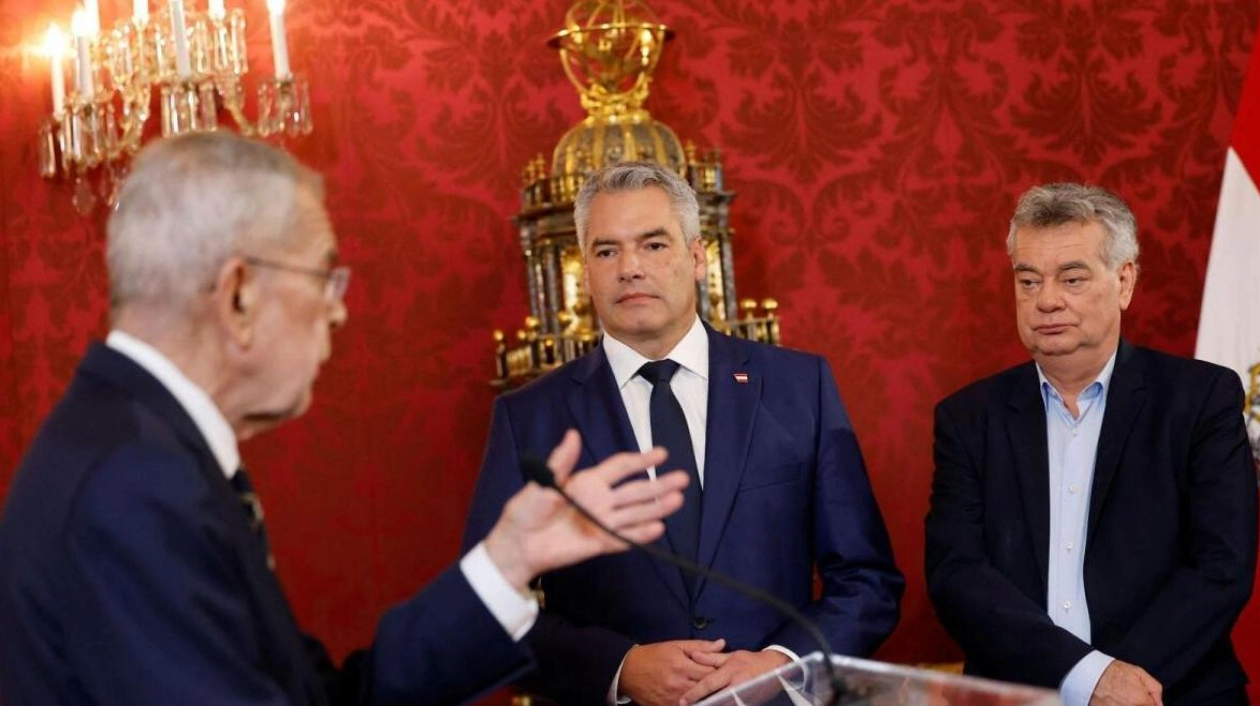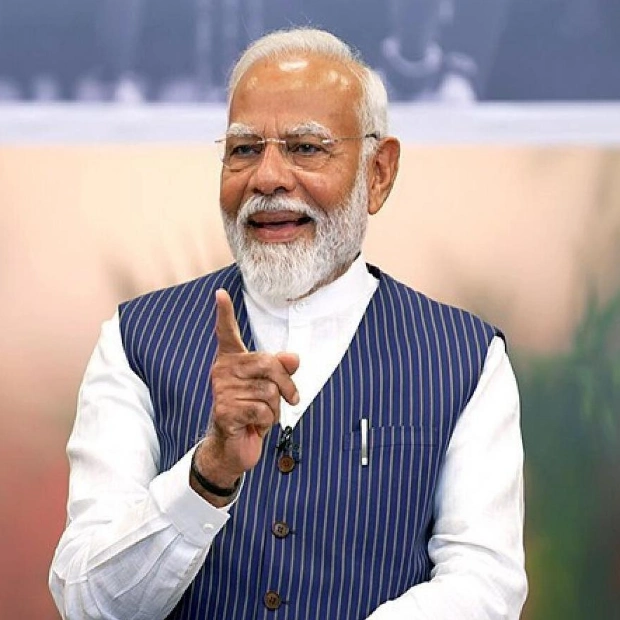Austria's president called upon all parties in parliament on Wednesday to avoid 'confrontation' and strive for compromises during coalition negotiations, following the far-right Freedom Party's victory in Sunday's national election, which, however, fell short of an absolute majority.
The Russia-friendly, Eurosceptic Freedom Party (FPO) made history by securing its first parliamentary election win since its establishment in the 1950s under a leader who had served as an SS officer and Nazi lawmaker. With approximately 29% of the vote, the FPO requires a coalition partner to govern, but other parties have expressed disinterest in joining forces.
President Alexander Van der Bellen, who supervises government formation, urged all parties to engage in dialogue, a process expected to commence formally soon. 'The election campaign is over. That confrontation is over. Now compromises must be found, common answers to pressing questions,' Van der Bellen stated in a speech as he accepted the outgoing conservative-led government's resignation and requested it to remain as caretaker until a new coalition is established.
Van der Bellen highlighted issues such as the cost of living, climate change, and healthcare, along with questions about Austria's role in the European Union and its global image. Despite expressing reservations about the FPO entering government, Van der Bellen reiterated that any future administration should uphold fundamental values, including minority rights, independent media, and EU membership.
Chancellor Karl Nehammer's conservative Austrian People's Party (OVP) is the sole party open to a coalition with the FPO, though Nehammer has consistently ruled out partnering with FPO leader Herbert Kickl, who insists he will not 'vanish into thin air.' The FPO had hoped for Nehammer's ousting as OVP leader, but the party's leadership reaffirmed its support for the chancellor on Tuesday.
Although the FPO currently lacks a clear path to power, Nehammer urged the president on Tuesday to formally task the FPO with forming a coalition. Van der Bellen made no mention of this possibility on Wednesday, stating only that he would engage with party representatives 'with the necessary calm and in the necessary depth.'






